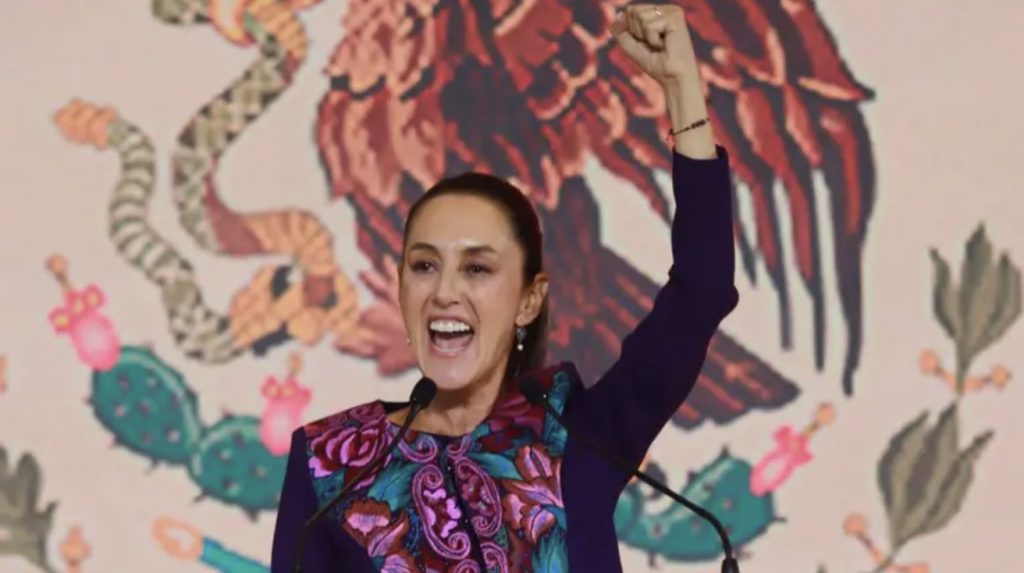
Claudia Sheinbaum, who begins her six-year Mexican presidential term Oct. 1, has less than four months ahead of her to define her administration’s agenda.
Mexico’s new president, the first woman ever to hold this job in that country, is considered to be a ‘climate scientist’ who gave much attention to detail when she advanced rooftop solar, transit, and bicycle infrastructure as mayor of Mexico City. But like the president of the United States, and presidents and prime ministers of large countries throughout the world, the current realities of transportation and energy complicate the issues.
The U.S. imported over 637 million barrels of heavy crude oil from Mexico in 2022, which was 10% of the country’s total crude oil imports, according to the EIA. In March 2024, the US imported 409,000 barrels of crude oil per day from Mexico, which was the fifth largest source of crude oil imports for the month. State oil company Petróleos Mexicanos (Pemex) has a lot of say in government policies.
Ever since the North American Free Trade Agreement (NAFTA) took effect on January 1, 1994, economic alliances have expanded. Audi, BMW, Fiat (FCA), Ford, General Motors, Honda, Kia, Mazda, Nissan, Toyota, and Volkswagen, all have manufacturing plants in Mexico. Mexico became more viable for these alliances after NAFTA took hold.
The country’s electric vehicle production reached 106,180 units in 2023: 94,436 Ford Mustang Mach-E EVs were produced there as well as 11,744 Chevrolet Blazer EVs, according to Odracir Barquera, CEO of the Mexican Automotive Industry Association (AMIA).
Sheinbaum spent four years at California’s Lawrence Berkeley Lab analyzing energy consumption in Mexico and other industrialized countries, according to a Corporate Knights report. She was also a lead author for the fourth and fifth assessment reports of the Intergovernmental Panel on Climate Change. She’s been part of studies on a number of relevant topics including renewable energy and and carbon dioxide demand analysis.
The new Mexican president will face complicated issues as she takes over from President Andrés Manuel López Obrado. Their country is the world’s 11th-largest oil producer, its 15th-biggest climate polluter, renewable energy financing has declined since 2018, and its the only G20 country without a net-zero target. There’s also the challenge of dealing with Mexican drug cartels being powerful and influential in recent years — and with the U.S. considered to be their largest market for drug sales.
Economically, the NAFTA alliance stays strong. It’s becoming one of the top five largest vehicle producers where U.S.-based technology and parts play a role in carrying out production targets. The country also faces the challenges of where it’s getting its batteries, electronics, and electrical motors for EVs. Much of it is coming from China for assembly in Mexico; but the strong relationship with the U.S. will play a part in whether those deals will be changing in the near future.
And in other news…………
LCFS update: The California Air Resources Board (CARB) will consider approval of the proposed amendments to the Low Carbon Fuel Standard (LCFS) in November. The original date for considering board approval had been March 21, 2024, but that was postponed in February 2024. The board meeting will be held both in-person and virtually.
ACT Expo highlights: Keynote speaker Ryder System CEO Robert Sanchez had a lot of interesting comments to make last month in Las Vegas. Tesla Semi project lead Dan Priestley and J.B. Hunt President Shelley Simpson had a lot to say as well. Learn more about what they were saying about electrification of the trucking industry and other relevant topics.



